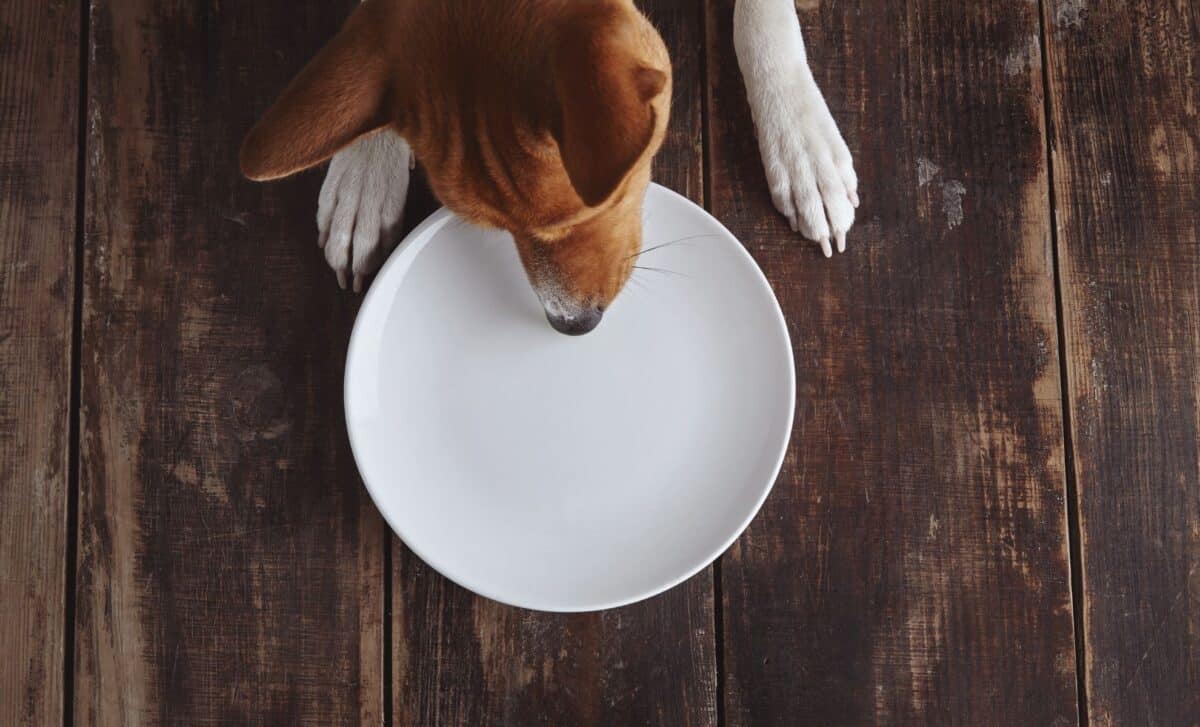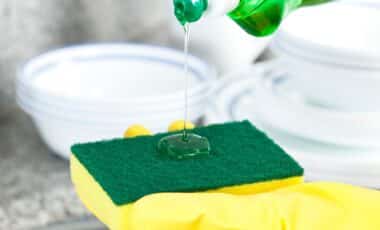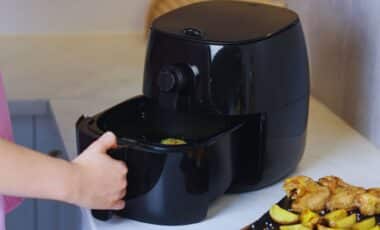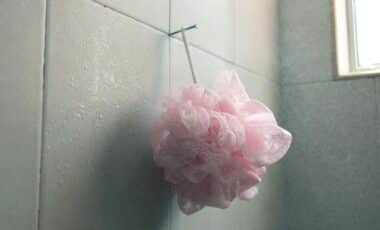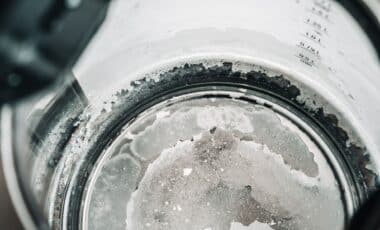Many pet owners enjoy sharing moments with their animals, treating them like family members. This close bond sometimes leads to habits that seem harmless but can carry hidden risks. One such habit is letting your dog lick your plate before placing it in the dishwasher. Although it might feel natural or affectionate, experts warn this practice can compromise hygiene and health.
The hidden dangers in your dog’s saliva
Dogs use their tongues in ways that can spread bacteria. Virologist Océane Sorel, also known as @thefrenchvirologist on social media, explains that a dog’s mouth can carry bacteria that may be harmful to humans. When a dog licks your plate before it is cleaned, these microbes are transferred to the surface. Instead of reducing germs, this “sharing” can create what she calls a “microbe tour” across your kitchen.
“When sharing dishes with more vulnerable people (pregnant women, young children, elderly individuals, or immunocompromised persons), you also share microbes with them,” explained the expert.
Even if you wash the plate by hand or use a dishwasher, some bacteria can survive the cleaning process. This is especially true if you use eco-friendly dishwasher settings that operate at lower temperatures. These gentler cycles may not be hot enough to kill all bacteria, allowing them to persist on your dishes.
You’re Probably Eating the Wrong Breakfast — Nutritionists Say This One Supports Fat Loss and Glowing Skin
Contamination risks beyond the plate
The problem does not stop with the plate. When your dog licks it, microbes can spread to other areas such as your sink, sponge, or kitchen counters if these surfaces are wiped with the same cleaning tools. This increases the risk of cross-contamination in the kitchen.
Cross-contamination is particularly concerning when vulnerable individuals share the household. Pregnant women, young children, elderly people, or those with weakened immune systems face higher risks of infections. Sharing bacteria through everyday kitchen items can lead to health complications for these groups.
Healthier habits for pet owners
Experts recommend changing this habit by putting plates directly into the dishwasher without letting your dog lick them first. This practice minimizes the risk of spreading bacteria. You can still show affection to your pet by offering meal leftovers, but it is safer to give these in the dog’s bowl rather than on your eating utensils.
By adopting simple hygiene habits, pet owners can protect their health while maintaining a close bond with their animals. Understanding the unseen dangers in everyday practices can help avoid unnecessary health risks in the home.
Your dog’s companionship is valuable and brings joy to daily life, but maintaining high standards of kitchen hygiene is essential to ensure the health and well-being of everyone in your household, preventing the spread of harmful bacteria and protecting those who may be more vulnerable.

